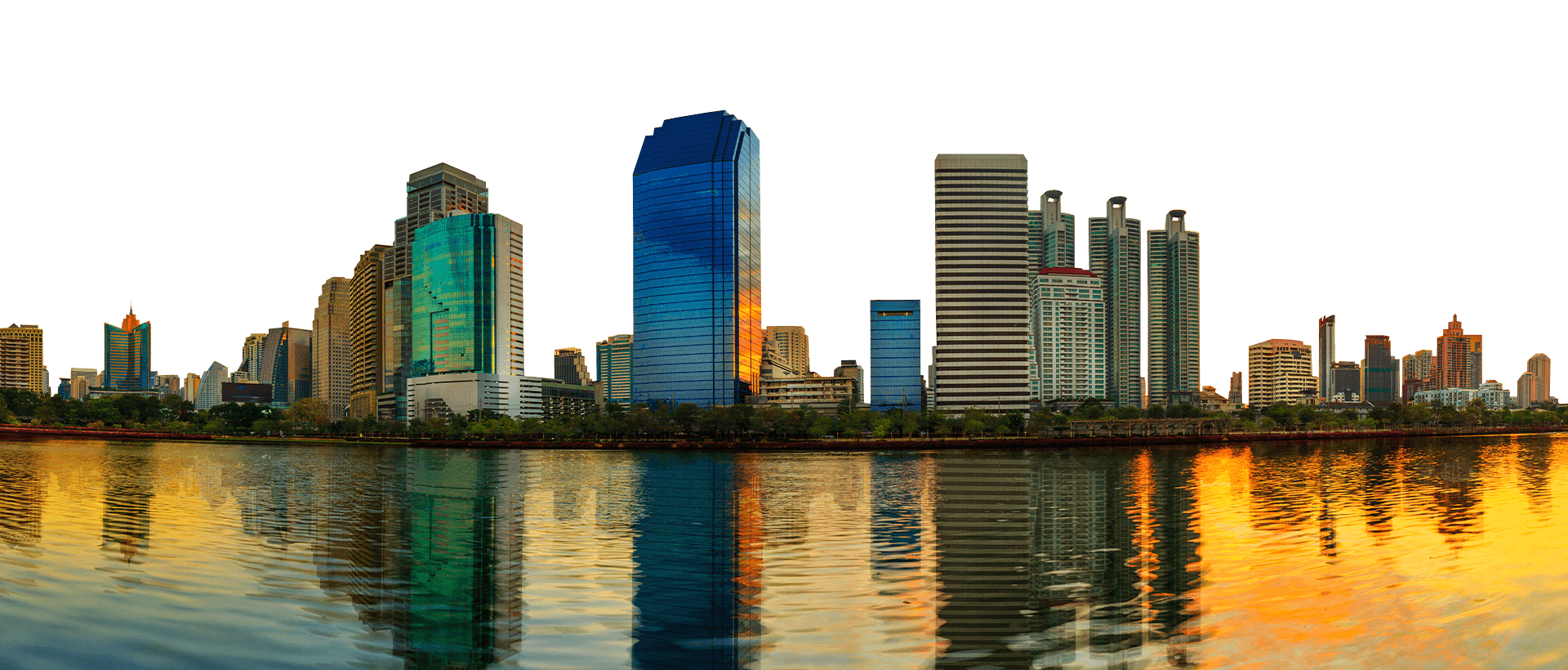houston
houston
houston
houston
houston
houston
houston
houston
la synapse
la synapse
la synapse
la synapse
la synapse
la synapse
la synapse
la synapse

History
Texas has an infrastructure to match its economy, boosting the region’s dynamism: there are 26 commercial airports and 19 commercial ports. Houston alone boasts two international airports, George Bush Intercontinental (IAH) and William P. Hobby (HOU), and the largest port on the Gulf of Mexico. On the cultural front, the Houston Ballet, Alley Theater and Houston Grand Opera offer internationally renowned cultural events. And because of the region’s diversity, multicultural festivals such as the Houston Lunar New Year, the Greek Festival and the Houston Japanese Festival also take place every year.
General Economy
These advantages are driving many large companies to relocate to Texas. It is the number one destination for corporate relocations within the United States. In 2022, Texas was home to 53 Fortune 500 companies, including Oracle, HP, Dell, AT&T and Tesla.
In the energy sector, the focus in recent years has been on diversifying and developing renewable energies. In the aerospace sector, the activities of the National Aeronautics and Space Agency (NASA) encourage the development of projects for both civil and military applications in Houston. Texas also benefits from spending by the federal Department of Defense (DOD), which awarded $83B in contracts to Texas companies in 2020.
Science and Innovation
In Houston, Rice University is particularly renowned in the fields of nanomaterials and biotechnology, and boasts a ratio of 6 undergraduates to 1 professor, which fosters individual student development and group projects.
Funding for Texas higher education from the National Science Foundation (NSF) is considerable, particularly for engineering and health specializations at the University of Texas Austin and Texas A&M..
Innovation and entrepreneurship are part of the DNA of Texas’ higher education institutions, and emphasis is placed on access to funding through their support structures, such as Texas A&M’s Clean Energy Incubator, and Texas Venture Connect of the university network of the University of Texas System.




